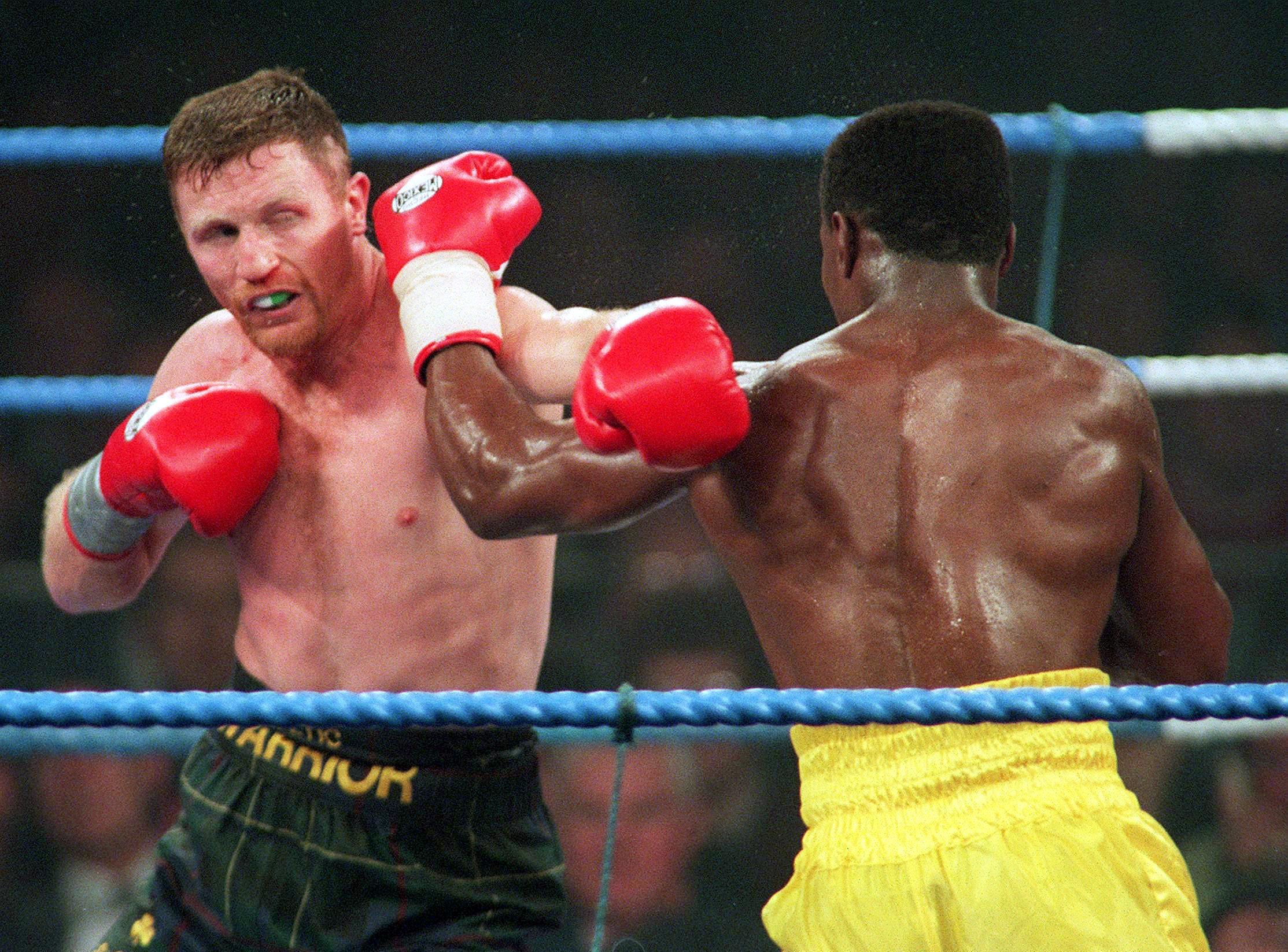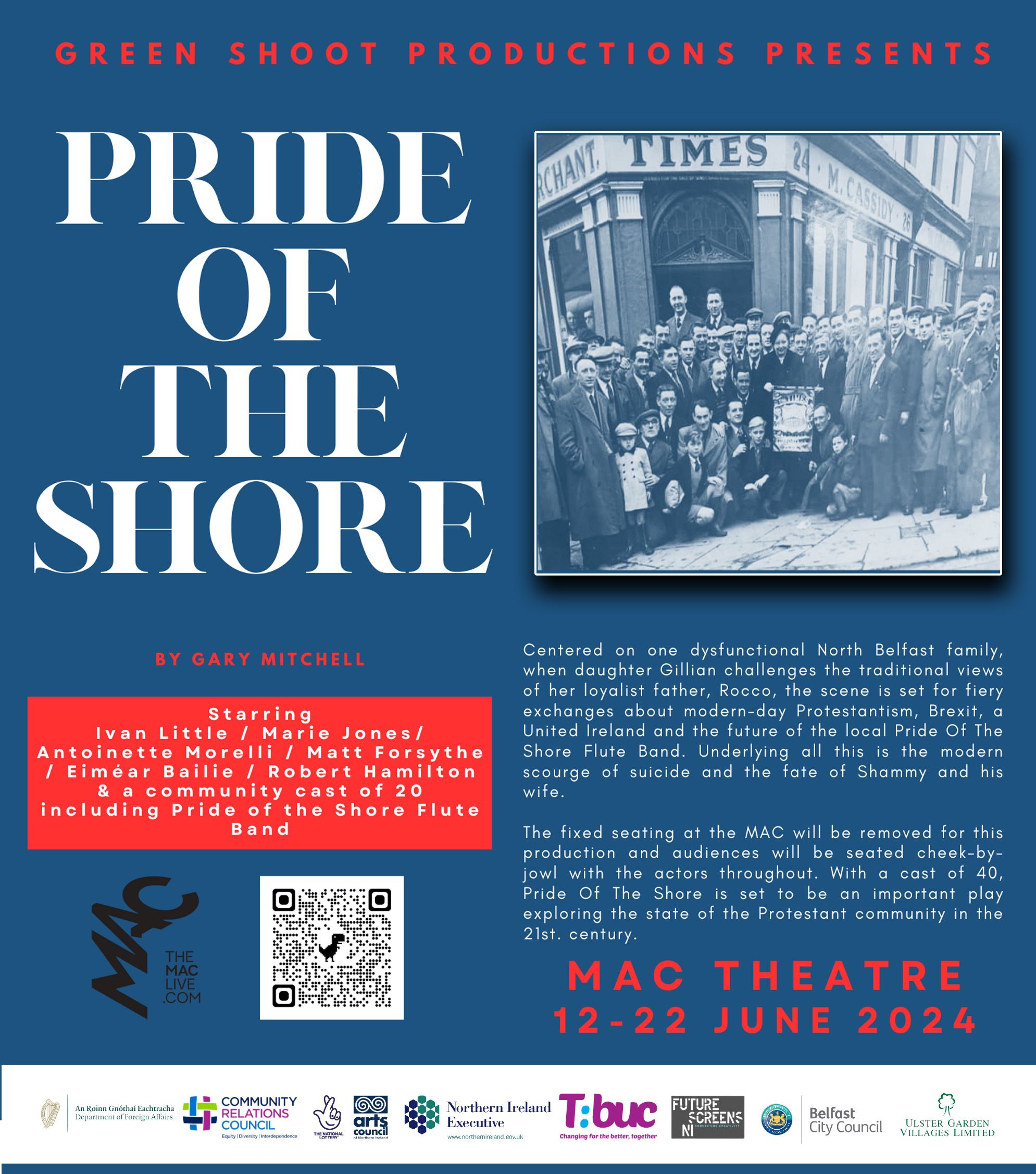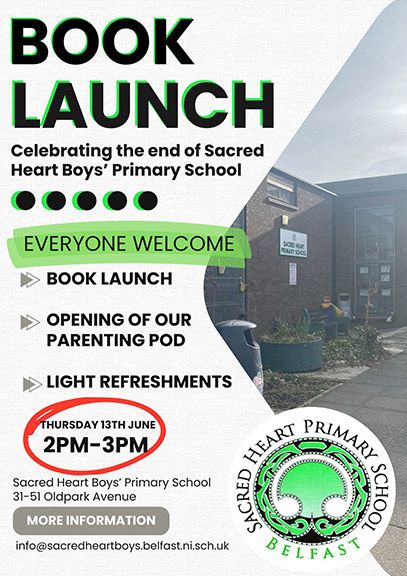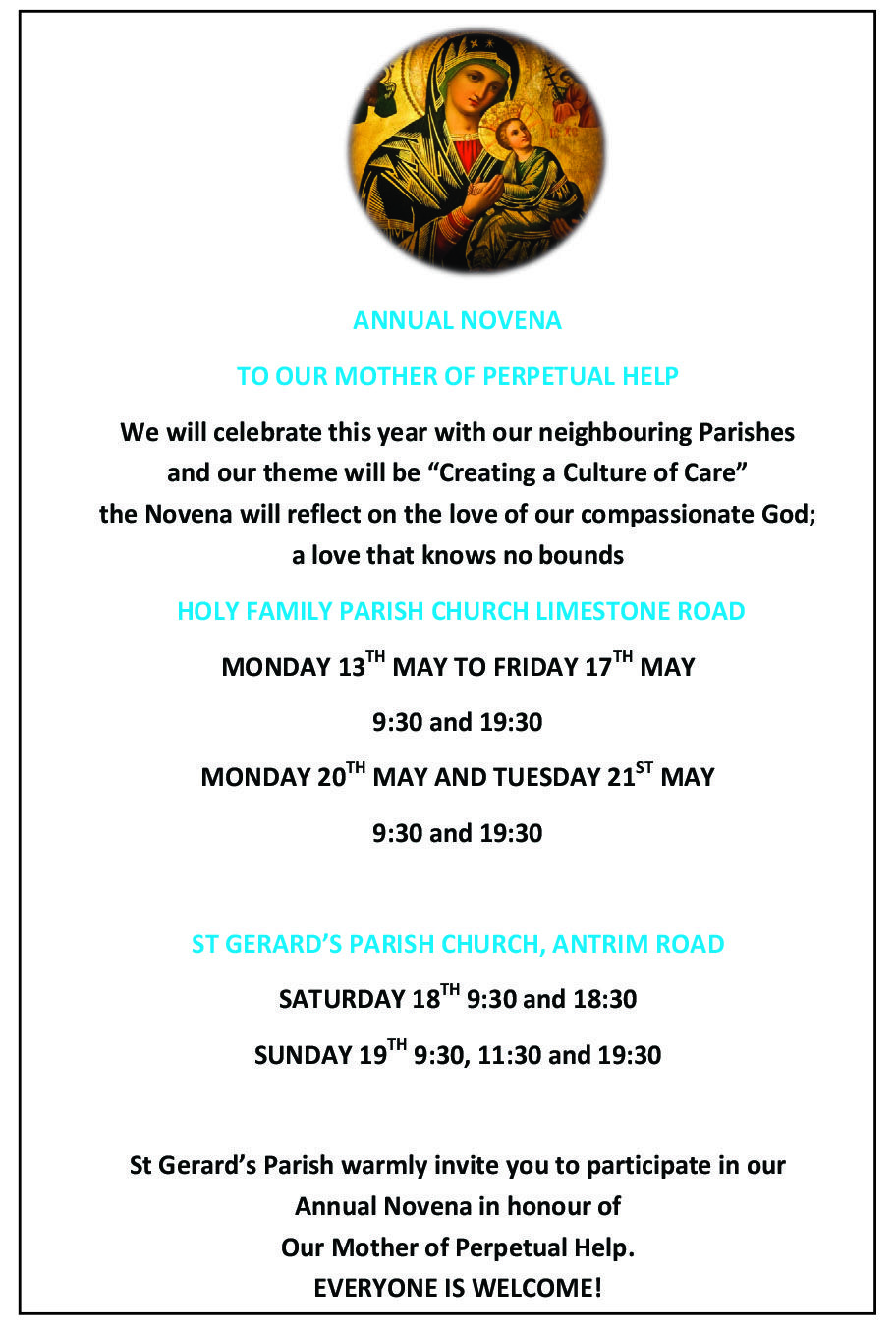ONE of, if not the foremost rules of journalism, it to tell the story and not be it. But book writing is a different environment and Eamon Carr has his struck the balance beautifully in ‘Showbusiness with Blood: A Golden Age of Irish Boxing’.
His accounts from ringside also return to his own life - with the encouragement of publisher, The Lilliput Press Ltd - and how his grá for the ‘sweet science’ developed.

Eamon Carr is a journalist and broadcaster, a playwright, poet and musician having founded the band Horslips in the 1970s where he performed as a drummer and lyricist.
As a child, he was stricken with tuberculosis, sparking a fight for his own health having previously been introduced to boxing by his father who would have helped out at his local amateur club.
His book is a work of art and segues beautifully between stories of his youth and the tales from ringside, including the admiration for a local heavyweight in the 1950s that would then move into accounts of Belfast’s Martin Rogan and then current heavyweight king, Tyson Fury.
Others featured include Jamie and Michael Conlan, Carl Frampton, Wayne McCullough Andy Lee, Katie Taylor and Bernard Dunne, plus many more.
Carr’s access to the fighters behind the scenes is what really grips the attention, beginning with the famous night in Millstreet back in 1995 when Steve Collins dethroned Chris Eubank, the spark for what would turn into an unforgettable era of Irish boxing.

“I didn’t know what I was doing at the start, but I just started writing a book as I thought I had so many good stories and I’m just glad we’ve got it out,” said the native of Kells.
“I was the only person who got speak to Eubank ahead of that fight. I’d turned up at the press conference out of curiosity as I wasn’t writing about boxing then.
“The whole thing started to kick-off and I was standing at the back as Collins was really winding him up about people in Africa and all of that.
“I think I let out a bit of an audible gasp, thinking it was a bit close to the bone, and there was a man standing beside me who heard but it turned out to be John Wischhusen, former head of boxing at Matchroom (Eubank’s promoter).
“I felt bad for Eubank as he was being laughed out by the punters, so I said to Wischhusen if there was any chance I could get a chat with Eubank and give him the right of reply.
“Next morning, Wischhusen rang me, saying that Chris said if I was in Brighton the following morning at 10am, he’d sit down with me.
“I flew to Gatwick, got the train to Brighton and there he was. As it turned out he was great and we had a long chat, so long I had to excuse myself to file copy.
“That was just one of the yarns I thought I should tells I’m glad to have gotten a book out of it.”
Boxing, Ireland’s most successful Olympic sport, became turbo-charged in the mid-90s. A golden age followed as Irish boxers excelled in the harsh, violent and sometimes tragic business that is professional boxing.
Showbusiness with Blood takes the reader on an intimate journey through Irish boxing’s years of triumph and desolation. Carr’s enthusiasm for the sport illuminates the dark corners of the fight game with stories from gruelling training camps, noisy press conferences, behind-the-scenes hustling and the savage brutality of championship fights.
These are stories of aspiration and devastation. Yet amid the chaos and destruction of the boxing ring are inspirational tales of courage, resilience and personal redemption: boxing’s enduring saving grace.
“Thinking back to then, who would have thought things would have gone the way they did as there was such a gap between then and Barry McGuigan without anything,” Eamon recalled.
“You had that night with Eubank and Collins there and in Cork (rematch), McCullough and Bueno. Also by coincidence or good fortune, I was there with Michael Carruth the night he fought (Adrian) Stone (for the IBO light-middleweight title) and I was thinking ‘I was there the night his career ended’ and that was a story in itself.
“Then there was Darren Sutherland...”
Book singing is a real trip! In @DubrayBooks Grafton Street I briefly get to share space with Britney 💕 while in Mary Street Showbusiness with Blood features in what Ronnie, Luke or Barney (I forget which) once called a “port-er hole” 🤣 pic.twitter.com/O15H7eogA4
— Eamon Carr OfficialCarrtogram (@carrtogram) November 22, 2023
Sutherland, a silver medallist at the Beijing Olympics in 2008, would tragically take his own life after turning pro - a loss still felt in Irish boxing circles.
Unfortunately, tragedy is as much a part of boxing as triumph and Carr’s accounts of the joy and pain is beautifully written and accounted throughout.
“It’s astonishing the amount of tragedy went through the whole thing,” he continued.
“I’ve been getting messages from people who might say they don’t like boxing, but have read the book as they know me, and have said they didn’t realise that boxing is real life, life and death.
“You are watching two warriors who are usually finely matched. There is a backstory for both that has brought them to that point, but somebody is going to be disappointed at the end and the other is going onto the next level. Nobody in that moment knows what’s ahead of them and it’s almost like politics: The majority of careers end in failure.”
“The would try to pick their time to retire, but then a few losses at the end of a career, possibly damaging losses and emotionally damaging, can really hurt. My admiration is for what they put themselves through and what drives them.
“I don’t fully understand it. I think I do but I’m not sure that I do. I just think it’s astonishing stuff.”






